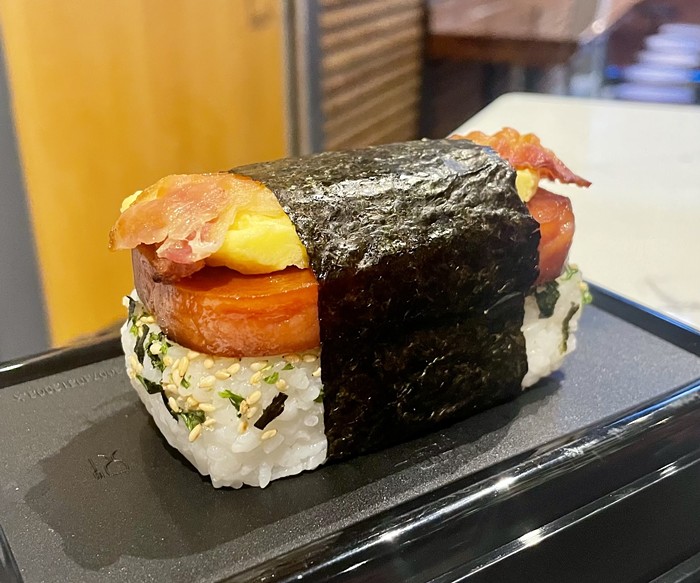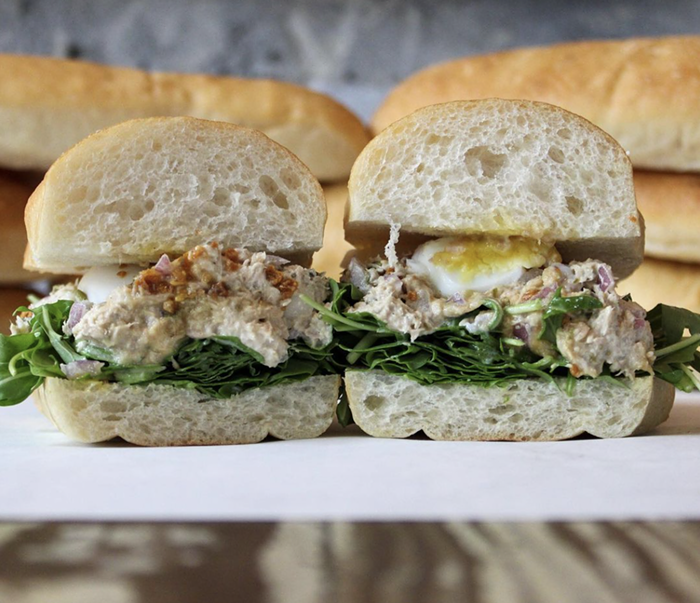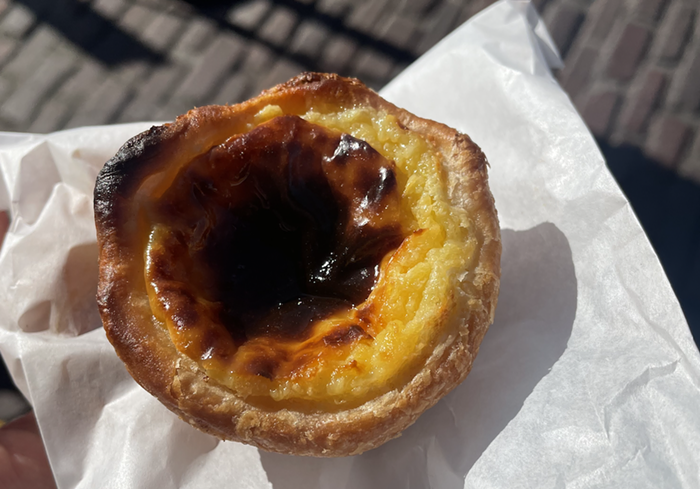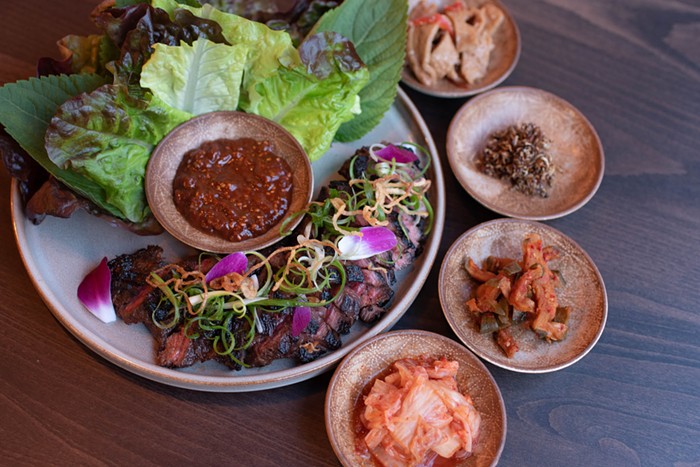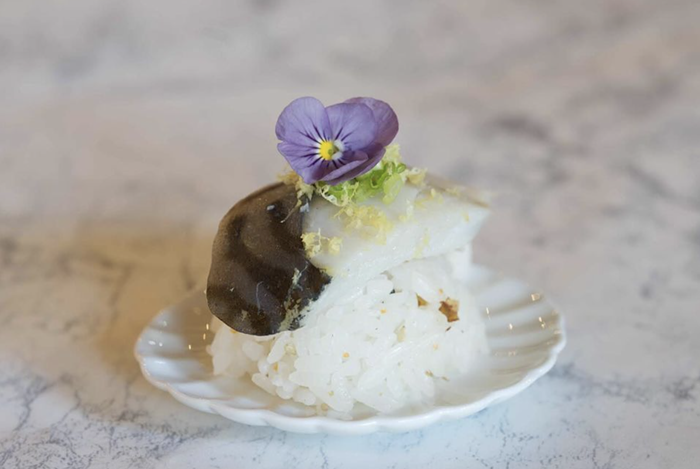Remember how I wrote that column a while back about chilled reds, and how if you're butch, like me, you don't drink rosé before Bastille Day? Well, guess what? That was all bullshit! I was drinking rosé before July 14, and I'm not butch, and I hope none of you actually listened to me. It was just a lead-in to get you to consider drinking some light, chilled red wines! I hope you've been drinking the fuck out of rosé!
The rosé question I get most often is: "Is it sweet?" What what WHAT? Listen, just because it's pink doesn't mean it's sweet. All of the rosés pictured here are dry dry DRY! Flavor profiles range from evisceratingly mouthwatering acidity, to velvet-melon-dances-across-your-tongue, to dancing-elf-pudding-coating-your-palate. The perception of rosé as a sweet wine is due mostly to the marketing genius of Portugal's Mateus in the '70s and '80s, and to the phenomenon of "white zin," which is still with us today!
As you can see in the photo, these bottles have different hues of pink. Some are almost clear, as in the Txakoli on the far left (a blend of Hondarribi Beltza and Hondarribi Zuria from the Spanish Basque country). Then some are so dark, they could arguably be a light red, as with the wine at the far right, made with the Gaglioppo grape from Calabria, Italy. What does the darker hue mean? It means longer time in contact with the skins. Most red grapes give you clear grape juice. It is the pigment in the skins that make the wines red—or rosé. For most red wines, this means a maceration time of several days to several weeks, depending upon the grape variety. In the case of rosé, it can be a matter of hours. Also, know this: The darker the rosé, the more "winelike" it becomes—meaning that the skins are imparting flavor compounds into the wine, that your flavors are becoming a bit more fleshy! Meaning that those pale-pink, almost-melon-colored rosés are perfect for aperitifs or to be drunk on their own, while the darker rosés are also excellent to gulp down with some grilled fish or bouillabaisse. Debate it if necessary, but the bottom line: Drink that motherfucking rosé.
The wines pictured are Rezabal Txakoli 2013 (Hondarribi Beltza and Hondarribi Zuria, $20); Joseph Mellot, Les Milets, Reuilly 2013 (pinot noir, $21); Aubaï Mema, Casimir, Vin de France 2013 (Grenache, Carignan, $14); Armas de Guerra, Bierzo 2013 (Mencia, $14), Gilbert Cellars, Wahluke Slope 2013 (Mourvèdre, $16); and iGreco, Savù, Calabria 2012 (Gaglioppo, $19). They're available at many god-fearing Christian shops in the city, like Champion Wine Cellars, Pike and Western, DeLaurenti, Central Co-op, PCC, and Whole Foods. ![]()

